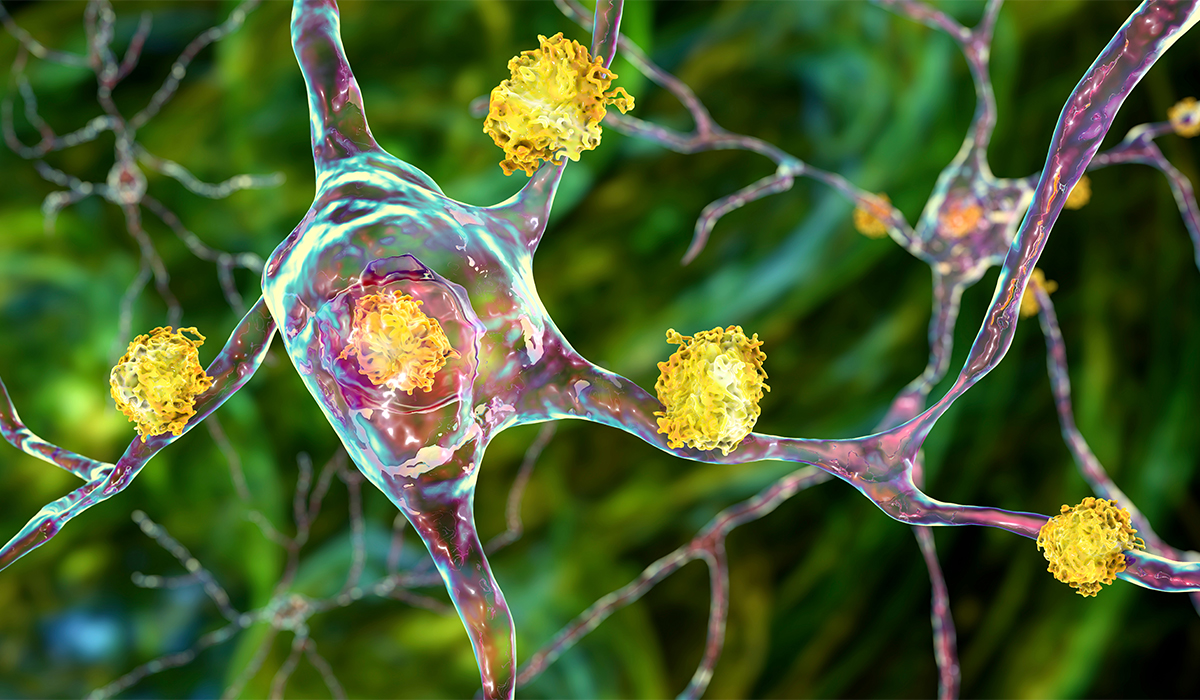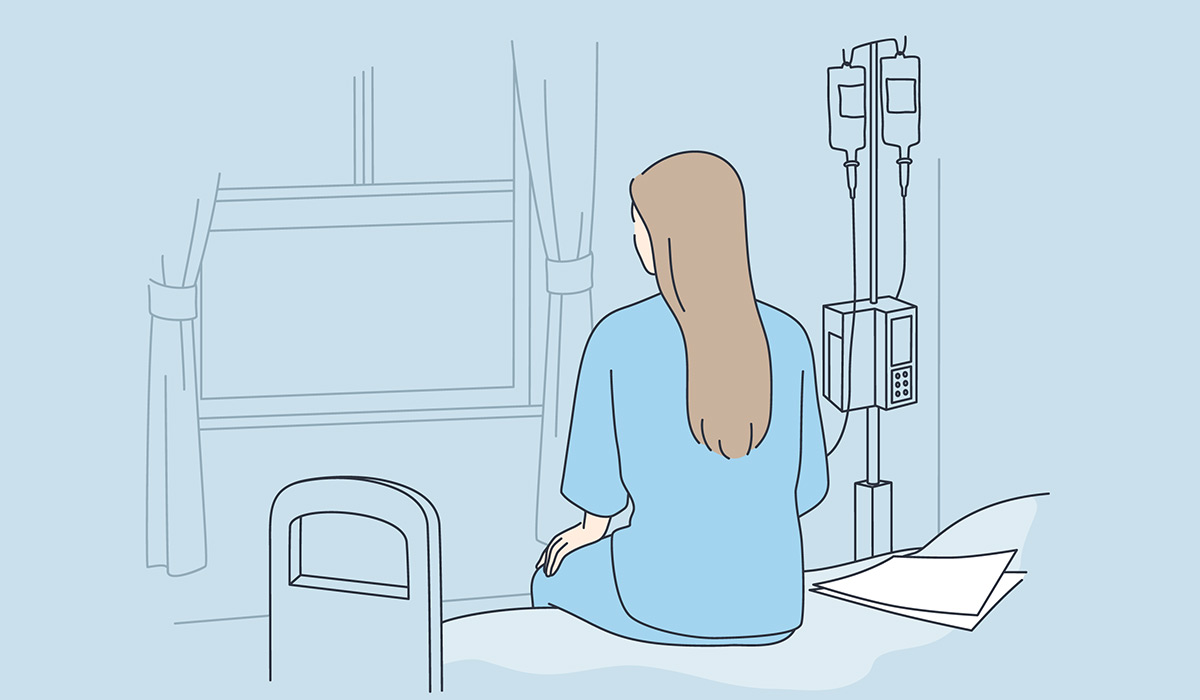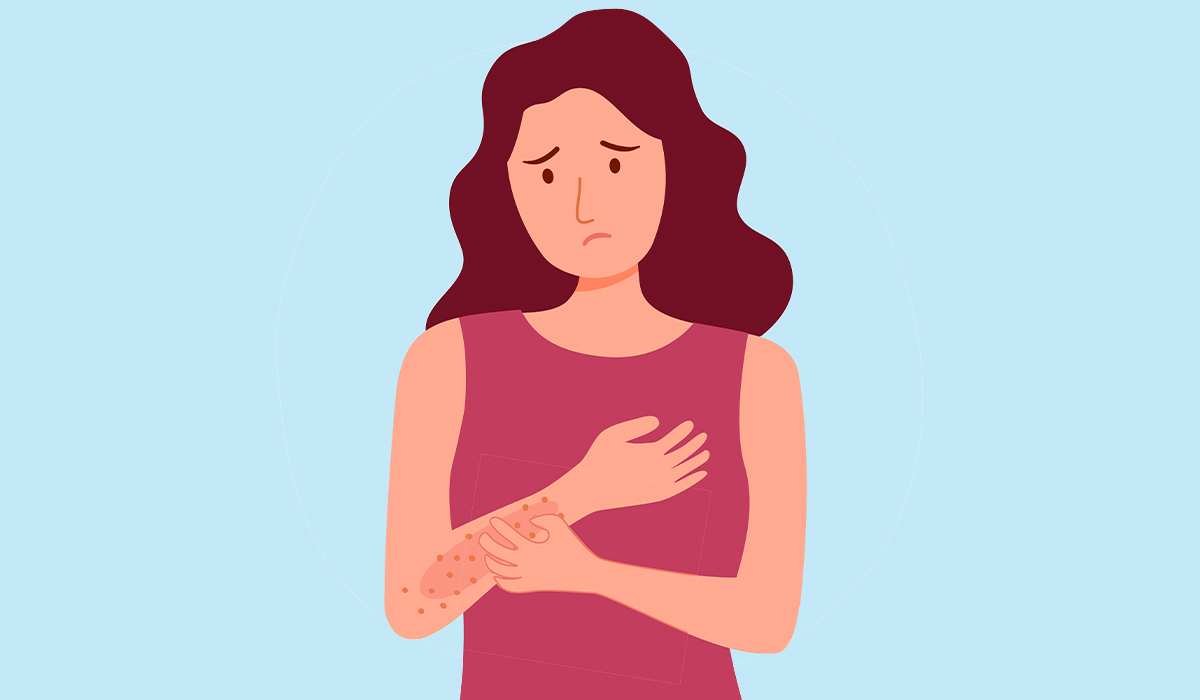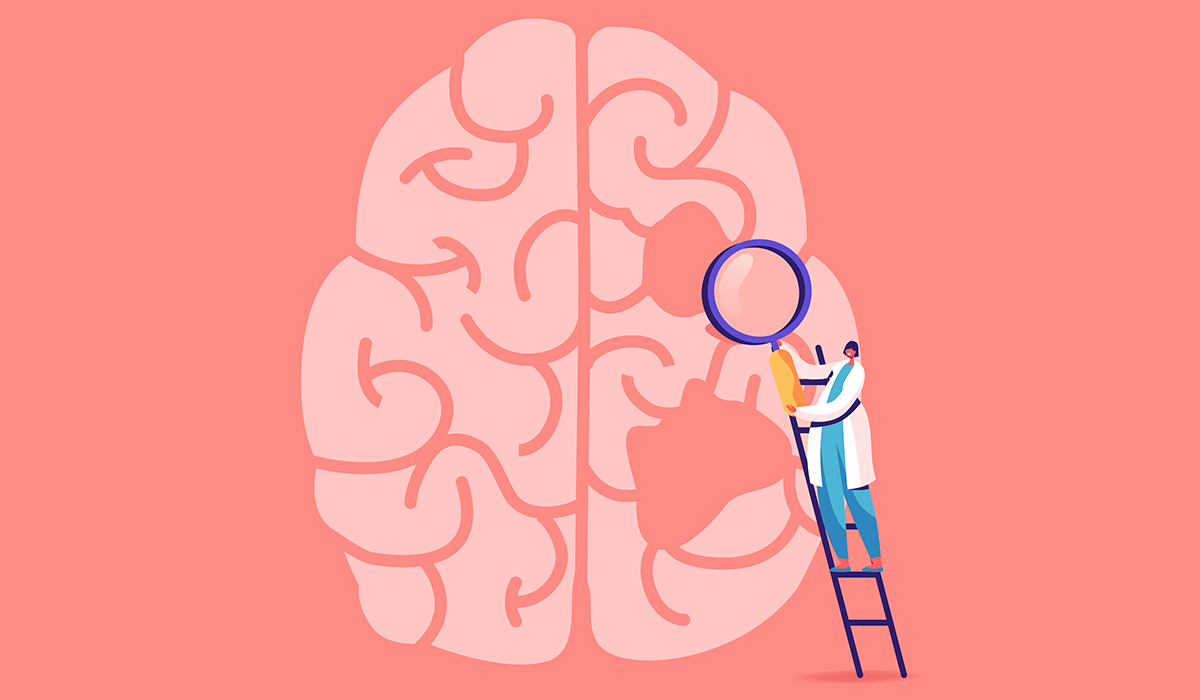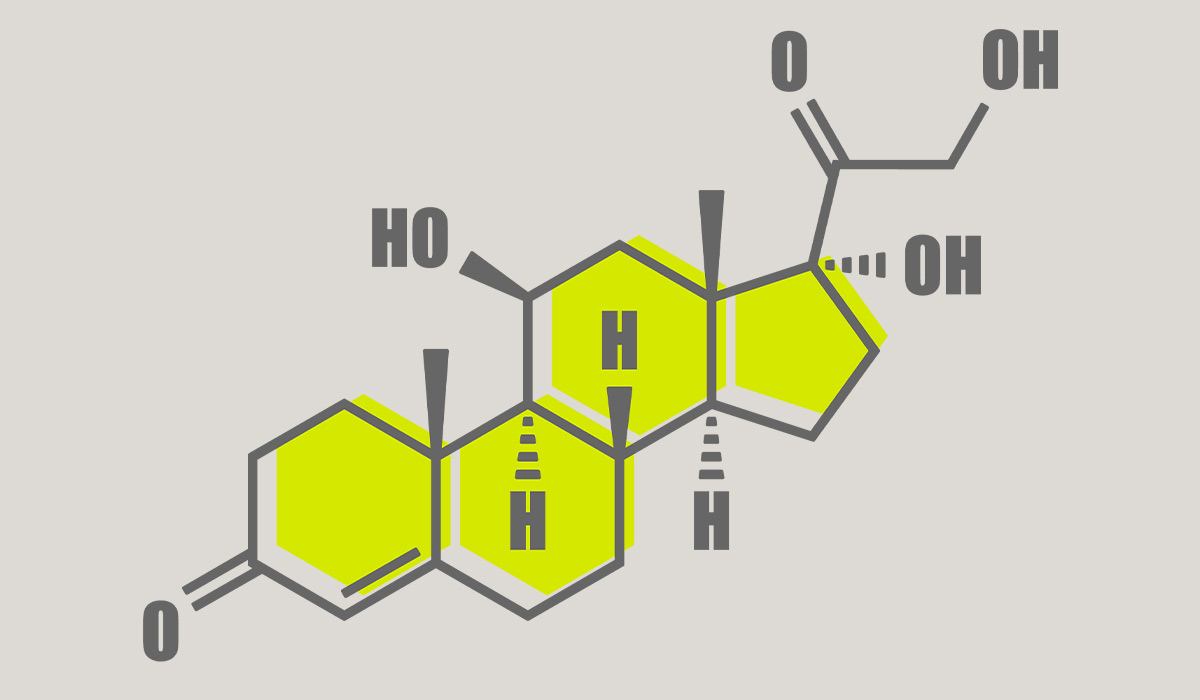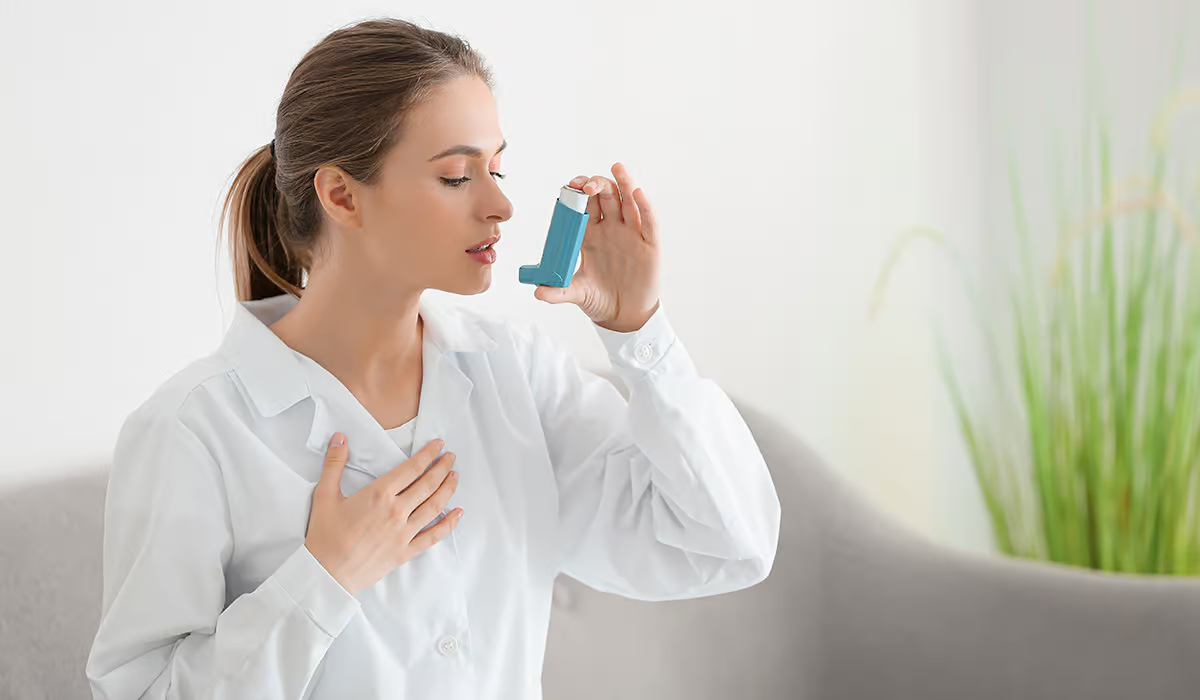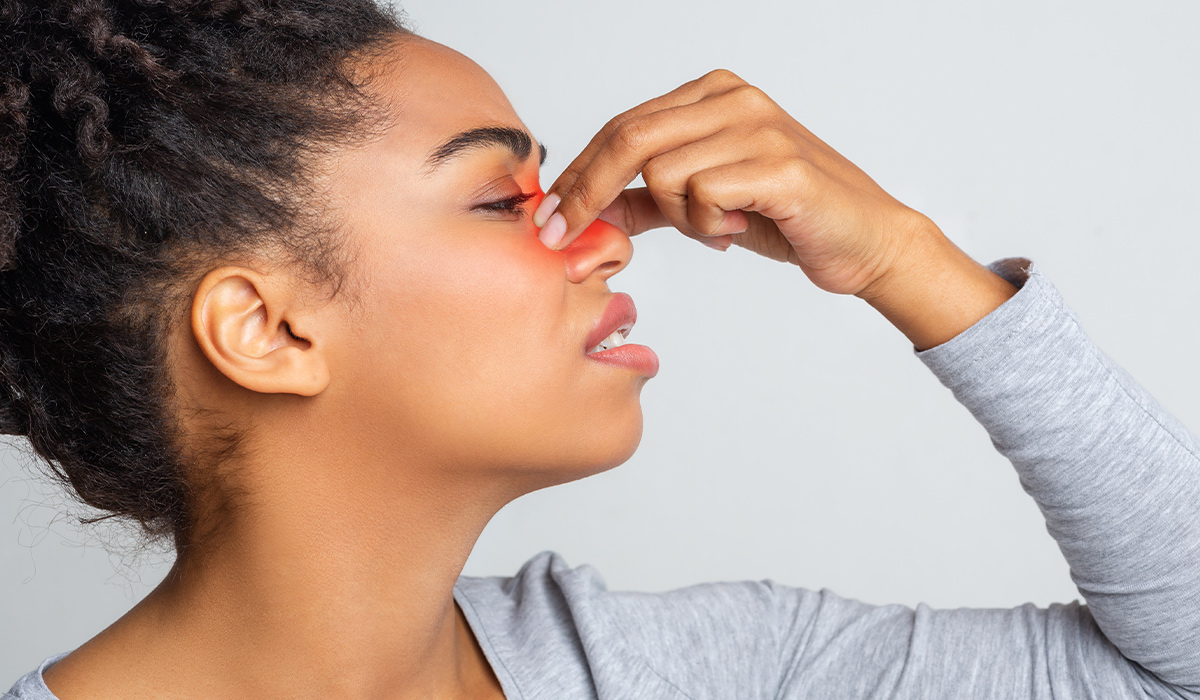Continue reading to learn more about an infection caused by pinworms, including diagnosis, treatment, and preventative strategies to reduce the risk of recurring infections.
How Common are Pinworms?
Pinworms are found worldwide, making pinworm infection a common medical condition. It is the most common worm infection in the United States, Western Europe, and Northern Europe. It is also a very often observed infection in children. According to the estimations, 20% of children in the USA experience pinworms at some point.
How Dangerous are Pinworms?
Pinworms are not considered dangerous to human health. The infection may cause discomfort and itching that ranges from mild to severe and give you trouble at night, but it does not lead to life-threatening health issues or long-term problems. It may result in urinary tract infections, weight loss, and bacterial infections in rare circumstances.
Are Pinworms Contagious?
Pinworms are very contagious, spreading quickly between people, especially children. Transmission often occurs in schools, child care centers, and other environments attended by children aged 5 to 10.
Pinworm infection typically occurs when a person ingests pinworm eggs, which can happen through direct contact with contaminated surfaces, such as bedding, clothing, towels, or toilet seats, or by consuming food or water contaminated with pinworm eggs.
Causes
Pinworms can spread to surfaces when a person with an infection scratches their anus. By doing so, pinworm eggs get underneath the fingernails and on the fingers, so they quickly transfer to objects and surfaces when that person touches them.
Pinworm eggs can survive for 2-3 weeks outside an anus and are usually found on the following surfaces and objects:
- Food
- Toys
- Clothing
- Bedding
- Towels
- Toilet seats
- Linens
- Carpets
According to the Centers for Disease Control and Prevention (CDC), inhaling airborne eggs is also possible, although rare.
Infection Cycle
Pinworm infections exhibit a highly contagious cycle characterized by the following steps:
- Ingestion or inhalation of eggs: Transmission occurs when an individual ingests or inhales pinworm eggs, often left on surfaces and objects by an infected person.
- Intestinal Residence: Once ingested, the eggs remain in the intestine until they hatch and reach maturity.
- Migration to the colon: Adult female pinworms migrate to the colon, exiting the body through the anus during the night. This nocturnal behavior is crucial to their reproductive cycle.
- Egg-Laying and itching: Outside the body, female pinworms lay eggs in the folds of skin around the anus before returning to the colon. This egg-laying activity frequently causes itching and irritation in the affected individual.
Risk Factors
Factors that increase the risk of pinworm infection include:
- Crowded spaces: Living in crowded spaces or working in places with many other people, such as institutions, increases the risk of pinworm infection.
- Young age: Pinworms affect children aged 5 to 10 more often than other age groups. Because of that, places, including childcare centers and schools, are more likely to have people with pinworm infections.

Signs and Symptoms
The telltale sign of the pinworm infection is itching in the anus area. This may cause discomfort and distract you from performing other activities, concentrating, and sleeping. As a result, you may wake up tired and stay drowsy for an entire day. These issues usually develop between 1 and 2 months after the parasite enters the body.
The main symptoms associated with pinworm infection are as follows:
- Difficulty sleeping: Pinworm infection usually worsens at night, so people with this condition may experience trouble falling asleep. This, in turn, may lead to worse concentration, drowsiness, and tiredness during the day, weight loss, and worse mood.
- Anus itching: Anus itching is caused by eggs laid by pinworm parasites around that area. The itching may range from mild to severe, causing irritation and discomfort.
- Vaginal itching: Women affected by pinworm infection may additionally experience vaginal itching and vaginal discharge
Less common symptoms of pinworm infection include:
- Abdominal pain
- Rash and skin irritation around the anus area
- Nausea
- Irritability

Complications
Most people who have pinworks don’t develop any complications. However, in rare circumstances, additional problems may appear. These include:
- Urinary tract infections (UTIs): Vaginitis and endometritis can occur in females if the worm travel to the vagina and cause an infection.
- Abdominal and gastrointestinal issues: Rarely, pinworms may cause inflammation of the vagina, inflammation of the uterus lining, diverticulitis, and appendicitis.
- Bacterial infections: Bacterial infection may occur if an affected person scratches the anal area, causing it to bleed.
- Weight loss: Pinworms may affect nutrient intake, leading to weight loss.
Diagnosis and Tests
During the initial assessment of pinworm infection, your doctor will ask you about your or your child’s symptoms. Try to remember when the symptoms first appeared and whether they get worse at night, especially itching in the anus area. You may also be asked about your occupation and whether you have close contact with children.
If pinworm infection is a likely cause, your doctor may want to confirm it by doing a tape test. Considered the most reliable method to diagnose pinworm infection, a tape test is a sticky and adhesive cellophane tape that a patient needs to apply on their anus. It is recommended to perform the test right after waking up because pinworm eggs exit the anus during sleep. The tape should be pressed against an anus for several minutes and then brought to a doctor for professional analysis.
Treatment
Strategies to eliminate pinworm infection include medications, improved hygiene, and adequate household cleaning practices.
Medication
Eliminating pinworms from your body is simple. All you need to do is take oral anti-parasitic medication – either over-the-counter drugs or prescription medicines. Discuss with your doctor which ones would work best for your case.
Hygiene and Household Cleaning
Following hygiene and household cleaning guidelines is no less essential in treating pinworm infection. Consider the following tips if you want to get rid of pinworm eggs:
- Don’t bite your nails; pinworm eggs tend to get underneath them.
- Keep your nails short and well-maintained to make it even less likely for eggs to get there.
- Avoid bathing them all at once if you have children, as pinworm eggs often spread in bath water.
- Pinworm eggs sometimes spread through the air. Try not to shake clothes and bedding until you or your child recover from the infection.
- Avoid scratching the anal area to prevent pinworms from spreading to other parts of the body.
- Make sure to keep carpets well-maintained and vacuumed.
- Change your underwear and shower every day.
Prognosis
The prognosis for pinworms is usually positive with adequate treatment, hygiene, and household cleaning regimen. Although pinworm infections may occur again, it is possible to reduce that risk with proper preventative strategies and precautions.
Another good news is that pinworms rarely lead to complications and long-term health issues. Many people experience only mild symptoms or none at all.
If you are worried about a pinworm infection, contact your healthcare provider to discuss treatment options and strategies for keeping your house free from parasites.
How to Prevent Pinworms?
Even if you recover from pinworm infection, it may occur again. Here are some things you can do to avoid it from developing again:
- Wash your hands thoroughly with soap and water after using the toilet, changing diapers, and preparing or eating food.
- Teach children to wash their hands regularly, especially after using the toilet and before meals.
- Regularly clean and vacuum the home, paying attention to areas where dust and eggs may accumulate. This includes carpets, floors, and other surfaces.
- Wash bed linens, pajamas, and underwear frequently, especially if someone has a pinworm infection.
- Do not share towels, washcloths, or other personal items that may come into contact with the anal area.
- Keep shared spaces, such as bathrooms, clean and disinfected to reduce the risk of pinworm transmission.
Pinworms – Key Facts You Should Know
Pinworms, or threadworms, are tiny parasitic worms causing infections in the anus area. While not dangerous, they lead to itching, discomfort, and trouble sleeping.
Pinworms are highly contagious and common in children. They usually spread through contact with contaminated surfaces or ingesting contaminated food or water.
The main signs of pinworm infection are anus itching and sleep difficulties. Vaginal itching may occur in females. Less common symptoms include abdominal pain, rash, nausea, and irritability.
While rare, complications may include urinary tract infections, abdominal issues, bacterial infections, and weight loss due to disrupted nutrient intake.
Oral anti-parasitic medications, available over-the-counter or by prescription, effectively eliminate pinworms. Hygiene practices and household cleaning are also crucial to get rid of pinworm eggs.
The prognosis for pinworm infections is generally favorable with appropriate treatment and preventive strategies. It’s essential to consult a healthcare provider if you suspect a pinworm infection to receive proper diagnosis and treatment guidance.
Sources
- CDC. (2023). Parasites – Enterobiasis (also known as Pinworm Infection).
https://www.cdc.gov/parasites/pinworm/ - MedlinePlus. (2016). Pinworms.
https://medlineplus.gov/pinworms.html - NHS. (2023). Threadworms.
https://www.nhs.uk/conditions/threadworms/ - NIH. (2019). The Diagnosis and Treatment of Pinworm Infection.
https://www.ncbi.nlm.nih.gov/pmc/articles/PMC6522669/ - NIH. (2023). Enterobius Vermicularis.
https://www.ncbi.nlm.nih.gov/books/NBK536974/
- Pinworms: What Is, Causes, Symptoms, Treatment, and Prevention
- What are Pinworms?
- How Common are Pinworms?
- How Dangerous are Pinworms?
- Are Pinworms Contagious?
- Causes
- Infection Cycle
- Risk Factors
- Signs and Symptoms
- Diagnosis and Tests
- Treatment
- Prognosis
- How to Prevent Pinworms?
- Pinworms - Key Facts You Should Know
